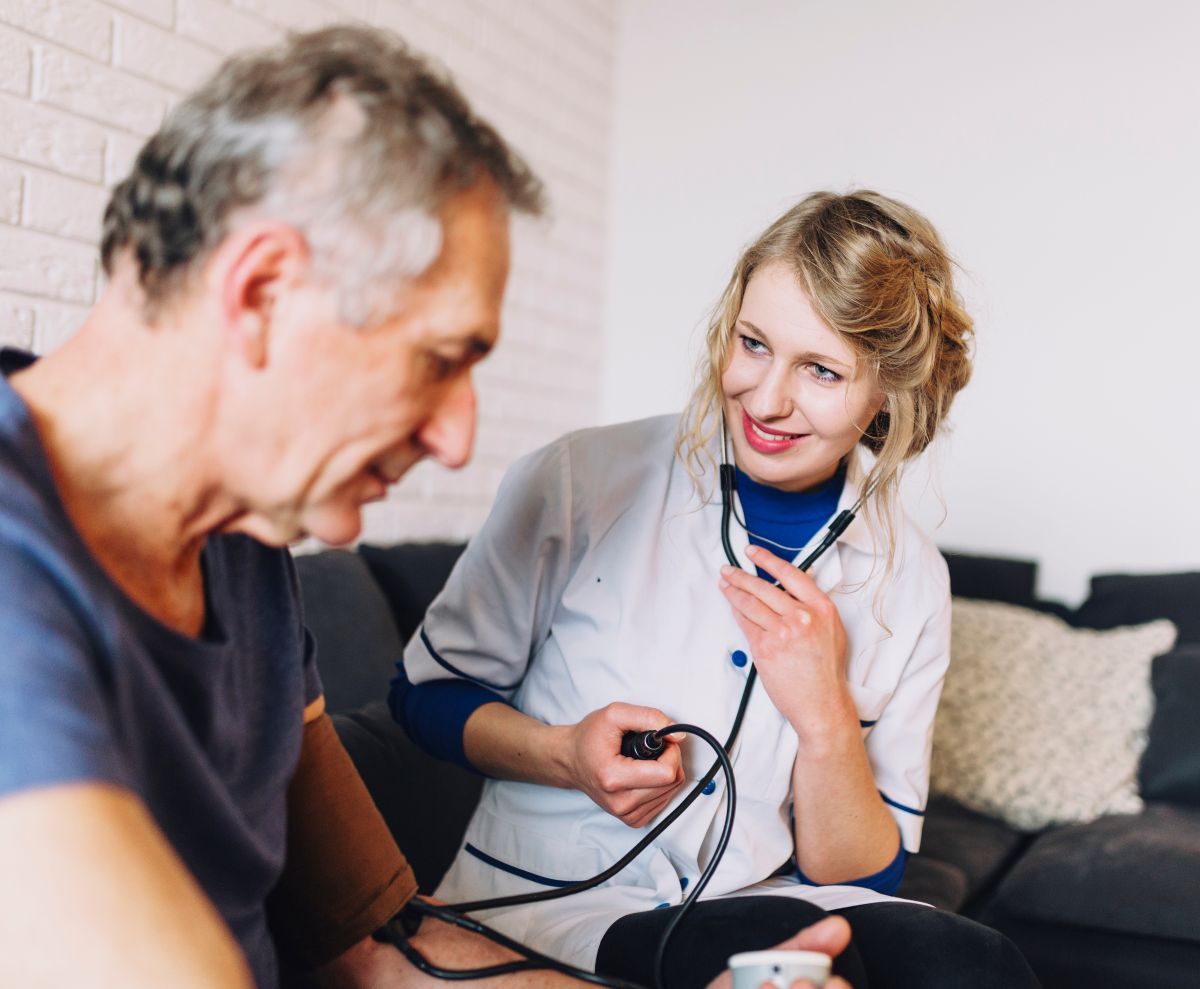
Do you wash your pet’s food and water bowls regularly? If not, you could be creating an environment that harbors salmonella, which can infect both you and your furry friend. While salmonella is a common cause of food poisoning, it also can be spread by animals and their environments.
Salmonella is a bacterial infection that can cause fever, abdominal pain, nausea, vomiting or diarrhea. It can be transmitted from contaminated food, such as raw meat or eggs. But what you may not know is that your pets—and the food they eat—could carry salmonella, which can make you and your family sick.
“Salmonella is a bacterial infection that people can get from touching contaminated food or through contaminated water, or perhaps from their pets and their food and their feces,” explains Dr. Tina Ardon, a Mayo Clinic family medicine physician.
One of the best ways to keep yourself safe from salmonella infection is prevention.
“That requires us to wash your hands consistently. Be thoughtful about washing your pet bowls and be thoughtful about their food. Wash your hands after you handle certain animal environments—including their beds, sheets, that sort of thing,” says Dr. Ardon.
Even if a dog does not show signs of salmonellosis, he can still spread the disease through feces or saliva, which can infect humans. The type of salmonella that affects dogs is more likely to affect humans as well, making it a zoonotic disease.
Although illness from salmonella is normally rare in dogs, the risk grows when pet parents choose raw and unprocessed meats as part of their dog’s diets.
In all species, diarrhea and illness from salmonella is often severe and can lead to dehydration, sepsis, and even death if left untreated. Pet parents should promptly take their dogs to a veterinarian when diarrhea occurs with decreased appetite, lethargy, fever, and blood in the stool. Though it is rare, salmonella can travel to the lungs, causing pneumonia, or to the reproductive tract of breeding female dogs, leading to loss of pregnancy.
Recognize symptoms of salmonella infection in humans
It’s the season of summer picnics and barbecues. Make sure your family gathering doesn’t end up with a bout of food poisoning. More than 1 million Americans each year become sick with salmonella infection. Most people get sick from eating foods contaminated with salmonella bacteria including fresh produce, raw eggs, and uncooked meat.
Here’s what to watch for if you suspect someone might be sick with a salmonella infection: Stomach cramping, diarrhea and fever are all common symptoms of salmonella infection.
Dr. Summer Allen, a Mayo Clinic family medicine explains, “An infection with salmonella for patients will often appear like a stomach bug or stomach flu-type symptoms.”
Symptoms usually develop 12 to 72 hours after exposure to salmonella bacteria and usually last two to seven days. Most people don’t require any treatment outside of fluids and some rest and making sure that they stay hydrated. Dehydration from persistent diarrhea is a common complication. Those at highest risk of severe illness are young children, older adults, and those with weakened immune systems.
“If someone feels they’re dehydrated, severely unable to keep fluids down, and they need to seek medical attention or have a condition that compromises their immune system, then they may need antibiotics,” says Dr. Allen.
You can’t tell if someone or something is infected with salmonella. The bacteria live in the intestinal tract. It can spread from animals to humans and person to person. Dr. Allen says good hand hygiene is one way to decrease your chance of infection.
“If people wash their hands thoroughly or, in some cases, at least use hand sanitizer, that’s going to be extremely helpful and protective to them.”
Sources: Adapted from an article by DeeDee Stiepan at https://newsnetwork.mayoclinic.org/ discussion/mayo-clinic-minute-wash-your-pets-food-and-water-bowls-to-prevent-salmonella/; https://www.petmd.com/dog/conditions/digestive/salmonella-dogs;
Excerpted from an article By Deb Balzer at https://newsnetwork.mayoclinic.org/ discussion/mayo-clinic-minute-recognize-symptoms-of-salmonella-infection/











